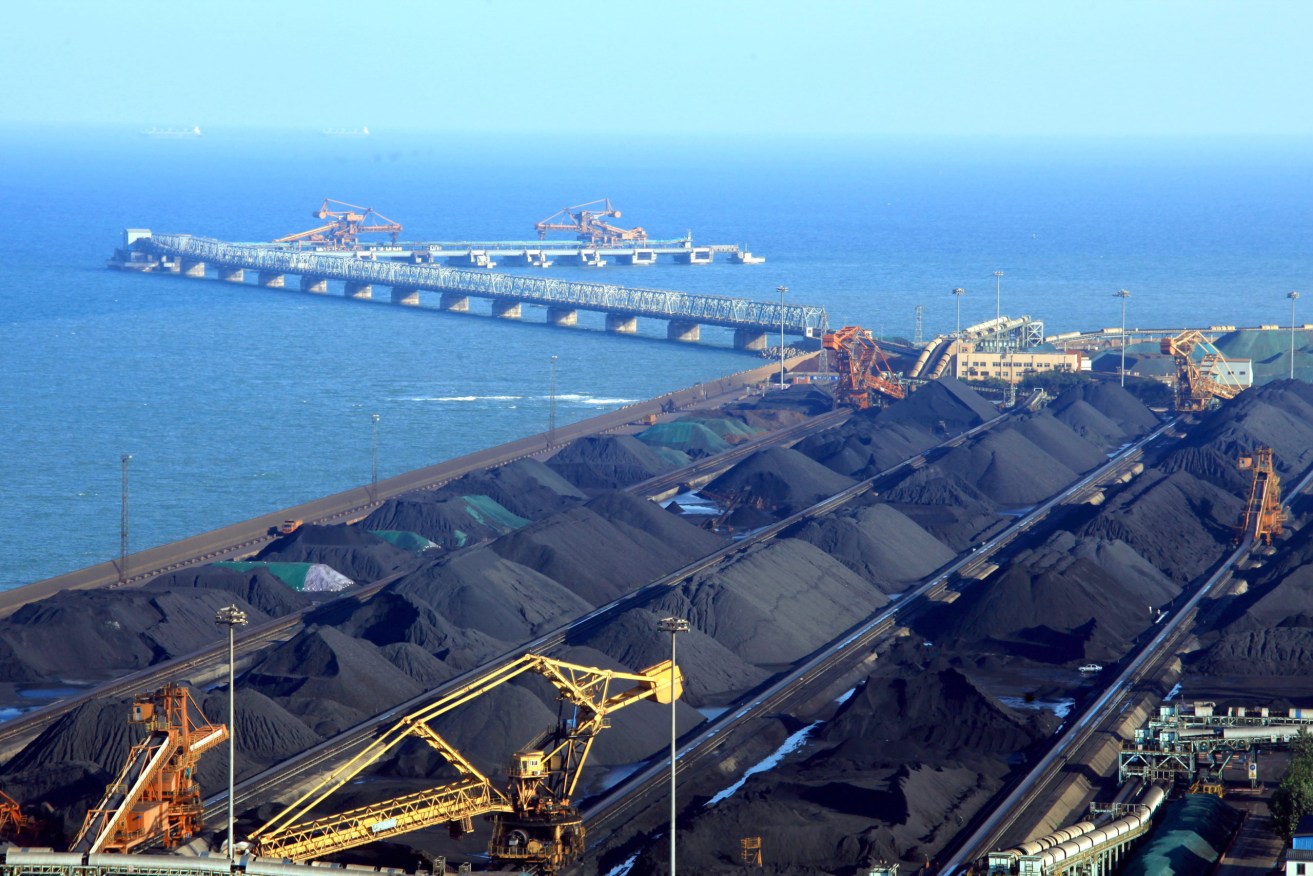Australian coal fleet stranded at China ports as trade brawl deepens
China says some Australian coal imports have failed to meet environmental standards, amid reports that 53 bulk carriers holding more than five million tonnes of Australian coal worth $500 million have been stranded off Chinese ports for a month, anchored and unable to unload.

File photo supplied
Analysis of shipping data by Bloomberg and data intelligence firm Kpler shows that the vessels – mostly Capesize and Panamax-size – collectively hold an estimated 5.7 million tonnes of coal and are crewed by an estimated 1,000 seafarers.
Kpler said 53 vessels holding Australian coal had waited four weeks or longer to discharge at Chinese ports. Thirty-nine held about 4.1 million tons of metallurgical coal, while nine carried about 1.1 million tons of thermal coal, with another five vessels carrying types of coal that weren’t identified.
China has not given an official reason why the numerous shipments have not been accepted, but officials said come imported coal had failed to meet to meet environmental standards.
“In recent years Chinese customs have conducted risk monitoring assessments on the safety and quality of imported coal, and we found that many coal imports have failed to meet environmental standards,” foreign ministry spokesman Zhao Lijian said on Wednesday when asked about Australian coal.
China has unofficially banned Australian coal imports since October amid souring relations between the two countries, and in turn, increased imports from Mongolia and Russia.
China had strengthened the examination and testing of imported coal regarding safety, quality and environmental standards “so as to better protect the legitimate interests and the environmental interests of the Chinese side”, Zhao said.
Coal is one of seven Australian imported products – including barley, wine, lobsters and timber – that have been targeted with bans by China amid rising diplomatic tensions.
Australia last week said the reports were “deeply troubling” but China has denied it is coordinating trade action against Australia.
“The ban on Australian coal is fully a result of political tensions, not because of economic reasons,” Sarah Liu, vice president of consultancy Techno-Power Eco-Energy, told a conference earlier on Wednesday.
China’s coking coal imports from Australia slumped in October to 1.53 million tonnes or about 26 per cent of its total imports of the fuel, customs data showed on Wednesday, down from 78 per cent in March.
Despite the bans, Australia remains China’s top seaborne coal supplier in 2020, as Mongolia was forced to trim exports in the first half of the year due to the coronavirus outbreak.
– with AAP




